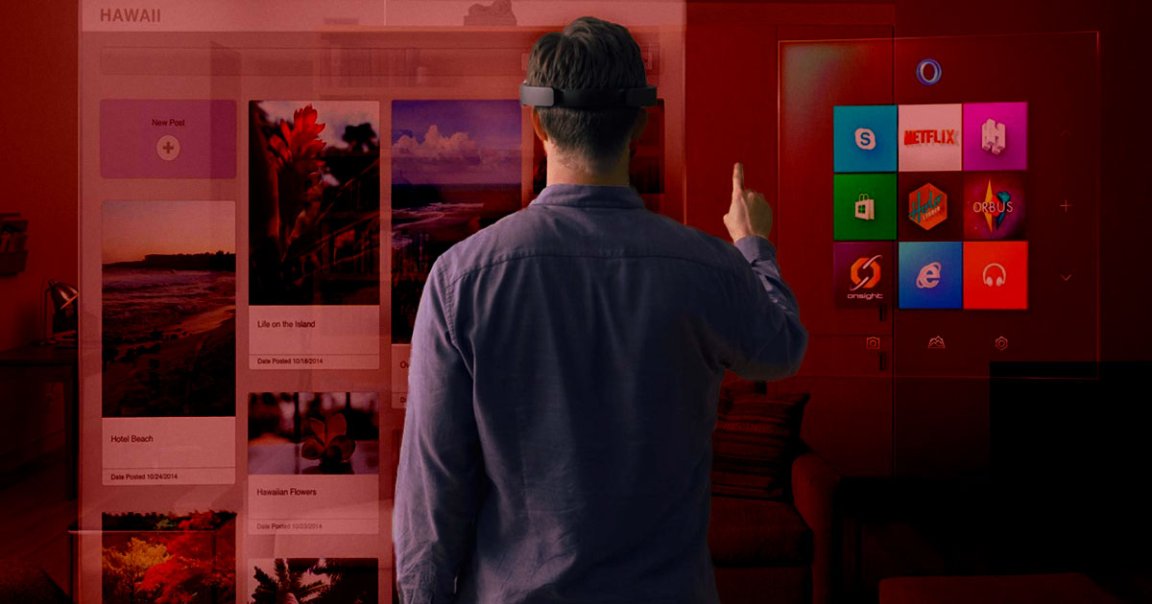
Thought Theft
If augmented reality becomes a part of our daily lives, the data it collects about you will become valuable: an incredibly detailed psychological portrait, and one that’s prone to terrifying exploitation if it falls into the wrong hands.
“You are always worried about bad actors with technology and your data,” said Paula Goldman, a VP at Omidyar Network, a firm that advises on ethically-sound technological development, in a new interview with the Wall Street Journal. “With AR, it is incredibly scary: the kind of data that can be collected, how you react to what you’re seeing, deep psychological data.”
Eyes Up Here
We’ve been told for years that AR is the future — a prediction which, except for Pokémon Go, has so far fallen flat on its face — and if it comes true, it could herald horrifying new invasions of privacy.
The idea is that data from an AR headset could be exponentially more detailed than today’s internet usage warehouses, especially if it merges with tech from already-available biometric wearables, and revealing in totalitarian new ways. The data it collects from you could be everything from how you react to workout prompts to where your eyes flit first when you open your fridge — or even your physiological response to advertisements and porn.
Snow Cash
While the Journal‘s filing is mostly a rundown of potential applications involving the future of AR, the threat of its data exploitation looms large.
The most bullish AR extremists think we’re gonna have computers in contact lenses in all of our heads one day. If that ends up being the case, we should think hard about the data it generates will mean to criminals — or to the mega-corporations, like Facebook and Google, that we already trust with our most intimate information.
READ MORE: Augmented Reality Will Put the Internet Everywhere[WSJ]
More on augmented reality: Augmented Reality Recreates A New York City Not Seen for Centuries